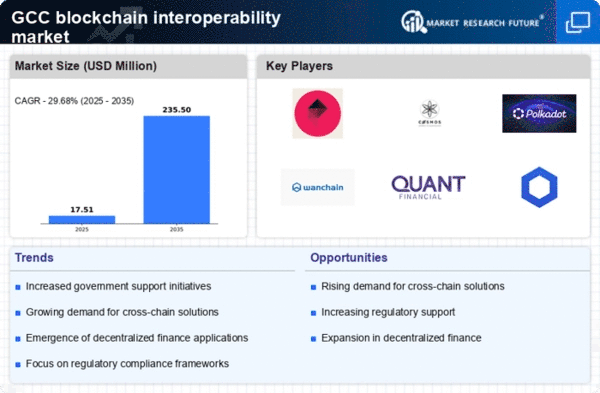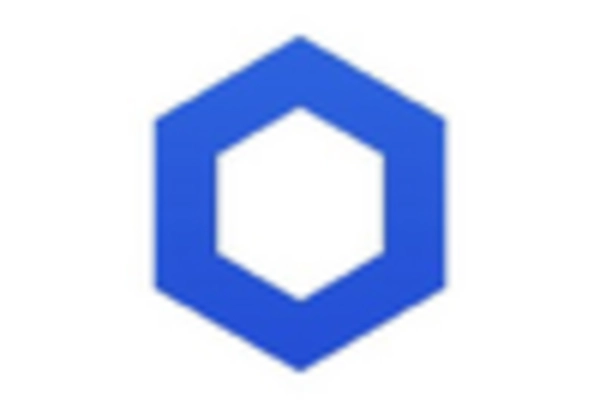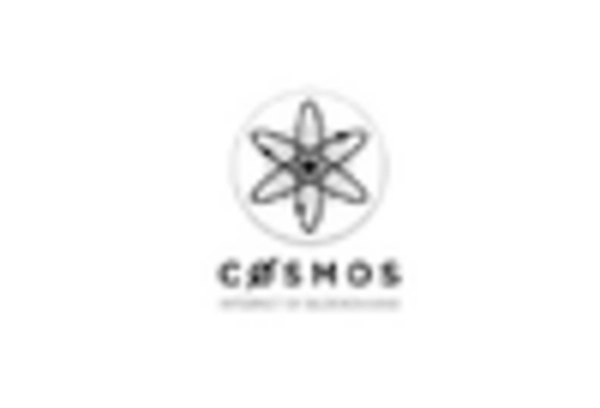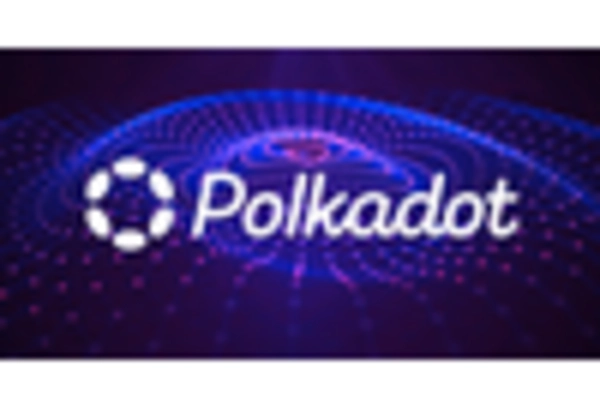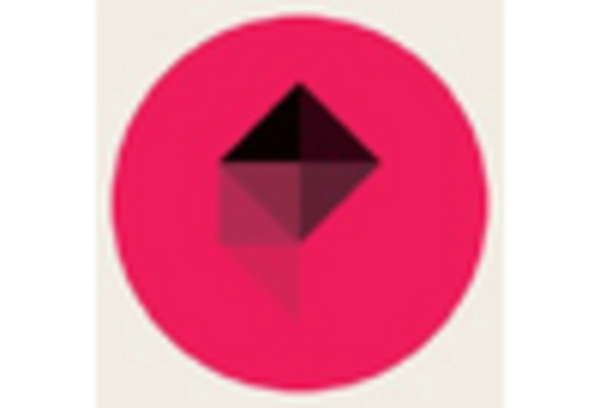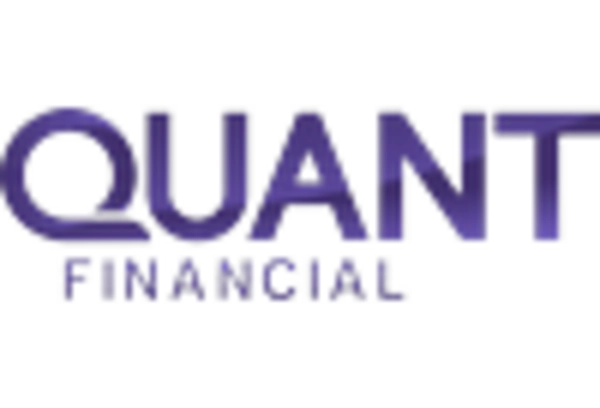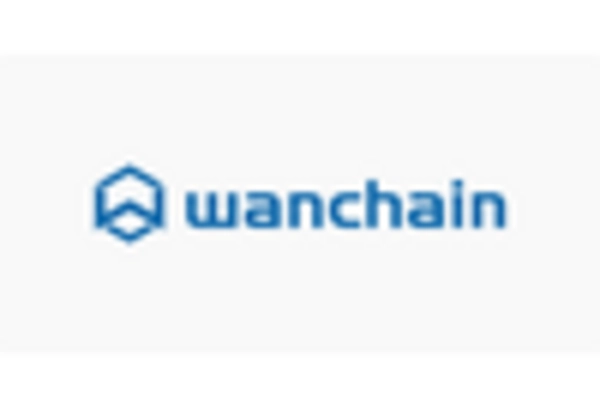Emergence of Smart Contracts
The rise of smart contracts is transforming the landscape of the blockchain interoperability market. These self-executing contracts, which automatically enforce and execute terms based on coded conditions, are increasingly being adopted across various sectors in the GCC. The market for smart contracts is projected to reach $300 million by 2026, driven by their efficiency and cost-effectiveness. However, for smart contracts to function optimally, they require interoperability between different blockchain platforms. This necessity creates a demand for solutions that enable diverse blockchains to communicate and execute contracts seamlessly. As organizations in the GCC recognize the potential of smart contracts, the blockchain interoperability market is likely to experience accelerated growth.
Rising Cybersecurity Concerns
As the adoption of blockchain technology expands in the GCC, so do concerns regarding cybersecurity. The blockchain interoperability market is increasingly driven by the need for secure and reliable solutions that can protect sensitive data during cross-chain transactions. Reports indicate that cyberattacks targeting blockchain networks have risen by 30% in the past year, prompting organizations to seek robust interoperability solutions that incorporate advanced security measures. This heightened focus on cybersecurity is likely to shape the development of interoperability technologies, ensuring that they not only facilitate seamless transactions but also safeguard against potential threats. Consequently, the blockchain interoperability market is expected to grow as businesses prioritize security in their blockchain strategies.
Investment in Blockchain Startups
Investment in blockchain startups within the GCC is a significant catalyst for the blockchain interoperability market. Venture capital funding in the region has seen a remarkable increase, with investments reaching approximately $1 billion in 2025 alone. This influx of capital is often directed towards innovative projects that focus on enhancing blockchain interoperability. As startups develop new technologies and solutions to bridge gaps between various blockchain networks, the overall market for interoperability is expected to expand. The growing interest from investors indicates a strong belief in the potential of blockchain technology, further propelling the demand for interoperability solutions in the GCC.
Government Initiatives and Support
Government initiatives aimed at fostering blockchain technology adoption are crucial drivers of the blockchain interoperability market. In the GCC, various governments have launched programs to promote digital transformation and innovation, with blockchain being a key focus area. For instance, the UAE government has implemented a strategy to become a global leader in blockchain technology by 2025. Such initiatives not only provide funding and resources for blockchain projects but also create a conducive environment for interoperability solutions to thrive. As public sector support continues to grow, the blockchain interoperability market is likely to benefit from increased collaboration between private and public entities.
Increased Adoption of Digital Assets
The growing acceptance of digital assets in the GCC region is a pivotal driver for the blockchain interoperability market. As more businesses and individuals embrace cryptocurrencies and tokenized assets, the need for seamless interaction between different blockchain networks becomes apparent. Reports indicate that the number of cryptocurrency users in the GCC has surged by over 50% in the past year, highlighting a significant shift towards digital finance. This trend necessitates robust interoperability solutions to facilitate transactions across various platforms, ensuring that users can access and utilize their assets without friction. Consequently, the blockchain interoperability market is poised for substantial growth as it addresses the challenges posed by disparate blockchain ecosystems.


